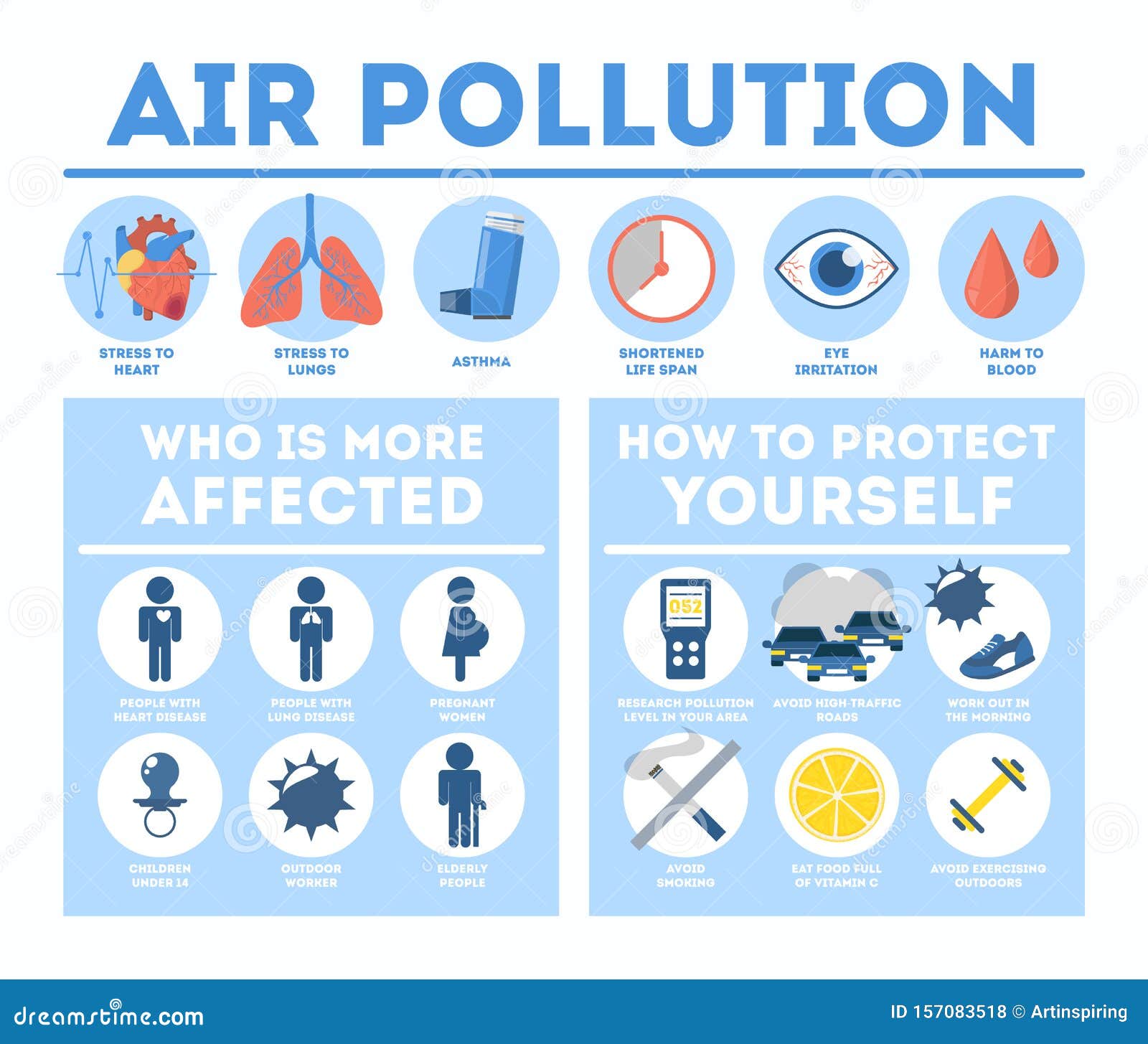The Harmful Effects Of School Suspension: A Critical Look

Table of Contents
School suspension, broadly defined, involves removing a student from their regular educational setting, either in-school (where the student remains on campus but is separated from regular classes) or out-of-school (where the student is entirely removed from school for a specified period). While intended as a disciplinary measure, growing evidence points towards its overwhelmingly negative consequences. This article argues that school suspension is a harmful practice that perpetuates a cycle of disadvantage and should be replaced with more effective and supportive strategies.
The Academic Impact of School Suspension
School suspension significantly disrupts a student's learning journey, leading to a cascade of negative academic outcomes. The missed classes translate directly into missed coursework, making it incredibly difficult to catch up. This learning loss contributes to lower grades, a decline in grade point average (GPA), and an increased risk of grade repetition. Ultimately, chronic suspension significantly increases the likelihood of dropping out of school entirely, severely limiting future opportunities.
- Increased absenteeism and missed coursework: Every day suspended represents lost learning time, creating a gap in knowledge that is increasingly difficult to bridge.
- Difficulty catching up on missed material: The sheer volume of missed work, combined with the potential emotional distress following suspension, makes it challenging for students to regain academic footing.
- Negative impact on GPA and academic performance: Missed assignments, tests, and overall engagement lead to a decline in grades, impacting overall GPA and potentially scholarship eligibility.
- Higher likelihood of grade repetition: Falling behind academically due to suspension often necessitates repeating a grade, further delaying educational progress and potentially impacting self-esteem.
- Increased risk of school dropout: The cumulative effect of academic setbacks caused by repeated suspensions can lead to disengagement and ultimately, dropping out of school. This has devastating long-term consequences for academic achievement and future life chances.
The Social and Emotional Impact of School Suspension
Beyond the academic consequences, school suspension profoundly affects students' social and emotional well-being. The feeling of isolation and alienation is often exacerbated by the stigma associated with suspension. Damaged relationships with peers and teachers can further contribute to a sense of disconnection and decreased self-esteem.
- Increased feelings of isolation and alienation: Being removed from the school community can lead to feelings of loneliness, rejection, and social exclusion.
- Damage to relationships with peers and teachers: Suspension can strain relationships with classmates and teachers, making it harder to reintegrate into the school environment.
- Higher risk of depression, anxiety, and other mental health issues: The stress and emotional trauma of suspension can trigger or worsen mental health problems.
- Increased likelihood of involvement in risky behaviors: Students who feel disconnected from school are more likely to engage in risky behaviors, including substance abuse and delinquency.
- Negative impact on self-esteem and confidence: Repeated suspensions can severely damage a student's self-worth and confidence in their ability to succeed.
The Long-Term Consequences of School Suspension
The detrimental effects of school suspension extend far beyond the immediate school years. A strong correlation exists between school suspension and increased involvement in the juvenile justice system, leading to a higher likelihood of future incarceration. These experiences create a cycle of disadvantage, impacting employment prospects, housing stability, and lifetime earnings. The strain on the criminal justice system resulting from this cycle is considerable.
- Increased risk of juvenile delinquency and arrest: Students with a history of suspension are at a greater risk of involvement in criminal activity.
- Higher likelihood of future incarceration: The path from repeated suspension to involvement in the criminal justice system and eventual incarceration is a well-documented phenomenon.
- Difficulties finding employment and stable housing: A criminal record resulting from juvenile justice involvement severely limits opportunities for employment and stable housing.
- Lower lifetime earnings: The lack of educational attainment and employment opportunities contributes to lower lifetime earnings and increased economic hardship.
- Increased strain on the criminal justice system: The cumulative cost of managing individuals who have cycled through the school suspension system and into the juvenile and adult justice systems represents a significant societal burden.
More Effective Alternatives to School Suspension
Rather than relying on punitive measures like suspension, schools should adopt research-based alternative strategies that address the underlying causes of misbehavior and promote positive student behavior. Positive Behavioral Interventions and Supports (PBIS) are examples of such strategies. These focus on prevention and early intervention, rather than reactive punishment.
- Restorative justice practices: These practices focus on repairing harm and restoring relationships between the offender, victim, and community.
- Conflict resolution training: Equipping students with conflict resolution skills enables them to navigate disagreements peacefully and constructively.
- Positive behavioral interventions and supports (PBIS): PBIS frameworks establish clear expectations, teach positive behaviors, and provide consistent support to students.
- Counseling and mental health services: Addressing underlying mental health issues can significantly reduce disruptive behaviors.
- Improved teacher training in classroom management: Providing teachers with effective classroom management techniques is crucial for preventing disciplinary problems.
Conclusion: Rethinking School Discipline and Moving Beyond Suspension
School suspension has significant and far-reaching negative consequences affecting academic achievement, mental health, social relationships, and long-term life chances. The evidence overwhelmingly demonstrates the need for more effective and humane approaches to school discipline. We must prioritize student well-being and create supportive learning environments that promote positive behavior and academic success. Let's move beyond the harmful effects of school suspension and embrace alternative strategies that foster a positive school climate and empower students to thrive. Learn more about effective school discipline and advocate for change in your community; let's work together to end school suspension and create schools where every student can succeed.

Featured Posts
-
 De Zaak Fouad L Waarom Levenslang En Geen Tbs Behandeling
May 02, 2025
De Zaak Fouad L Waarom Levenslang En Geen Tbs Behandeling
May 02, 2025 -
 Six Nations 2025 Scotlands True Potential Deception Or Reality
May 02, 2025
Six Nations 2025 Scotlands True Potential Deception Or Reality
May 02, 2025 -
 Michael Sheen Pays Off 1 Million Debt For 900 People A 100 000 Act Of Kindness
May 02, 2025
Michael Sheen Pays Off 1 Million Debt For 900 People A 100 000 Act Of Kindness
May 02, 2025 -
 Target Dei Program Changes Analysis Of The Boycott And Sales Decline
May 02, 2025
Target Dei Program Changes Analysis Of The Boycott And Sales Decline
May 02, 2025 -
 Reform Uk Internal Conflict Understanding The Fierce Row
May 02, 2025
Reform Uk Internal Conflict Understanding The Fierce Row
May 02, 2025
Latest Posts
-
 Farage Backs Snp Reforms Stance On Upcoming Holyrood Election
May 03, 2025
Farage Backs Snp Reforms Stance On Upcoming Holyrood Election
May 03, 2025 -
 T 50
May 03, 2025
T 50
May 03, 2025 -
 Nigel Farage Reform Party Prefers Snp Win In Next Scottish Election
May 03, 2025
Nigel Farage Reform Party Prefers Snp Win In Next Scottish Election
May 03, 2025 -
 1 T Etc 50
May 03, 2025
1 T Etc 50
May 03, 2025 -
 Farages Zelenskyy Remarks Ignite Heated Debate In Uk Politics
May 03, 2025
Farages Zelenskyy Remarks Ignite Heated Debate In Uk Politics
May 03, 2025
